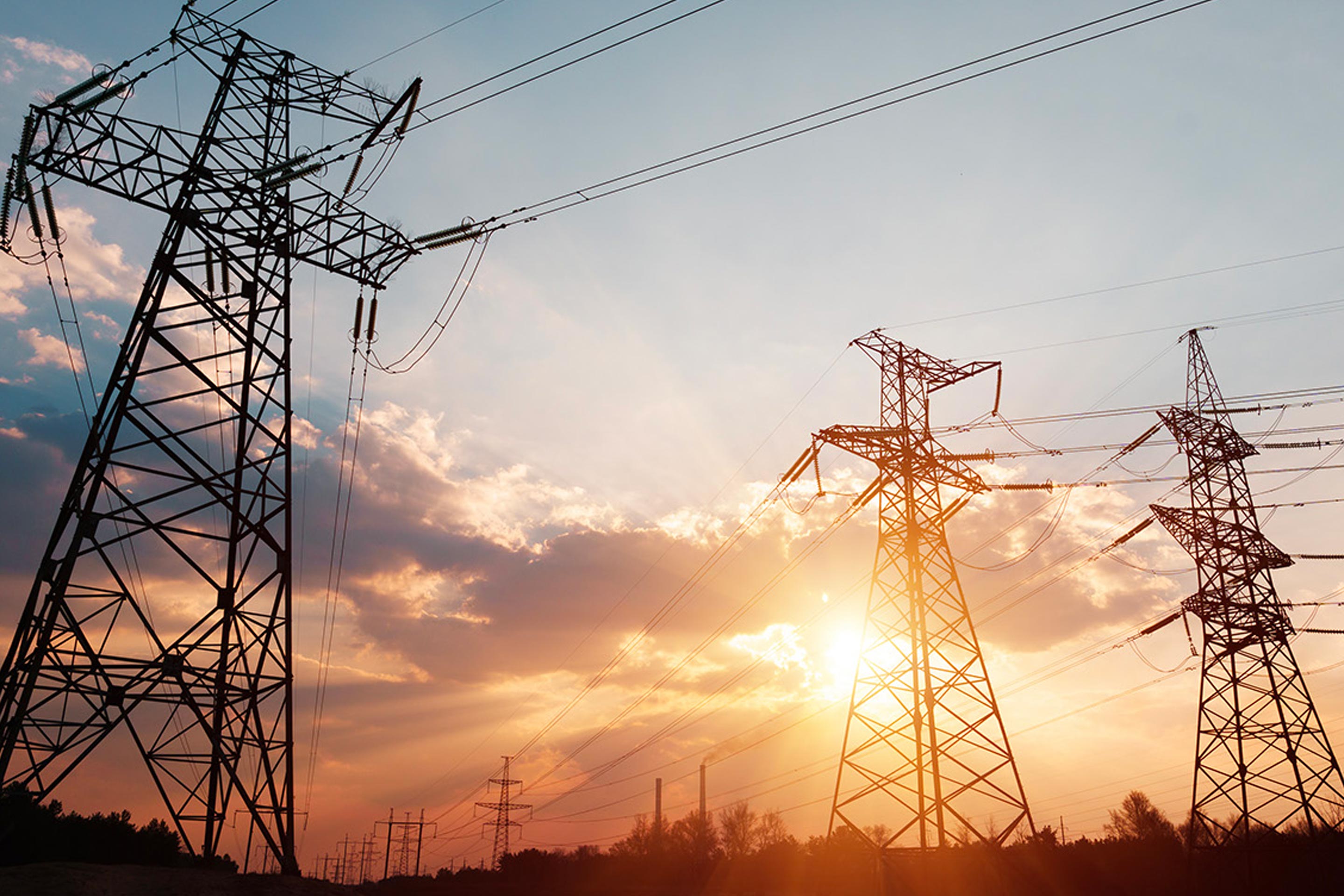Power stations come in a huge variety of shapes and sizes, from gas to nuclear to sustainable options including solar and wind, but as we’ve discussed when looking at microgrids, there are also many smaller and more innovative solutions out there.
E1 S.r.l runs one such power station in Piombino, Italy, using three internal combustion engines running on vegetable palm oil to provide a total power output 24,720 kW to the town.
E1’s power plant has been running on vegetable palm oil for the past 15 years, with its owners wanting a renewable and more environmentally friendly option to fuel the three Wartsila W18V32 engines.
Former plant owner S.E.C.A. Piombino dealt with a local supplier for maintenance and spare parts. In 2019, however, the company was bought by E1. After a bad experience with a competitor, E1 opted to work with ABB for both maintenance and spare parts, signing an MMA service agreement in 2020.
With an unconventional fuel source at the heart of the operation, the power plant had already embraced a technical approach to performance optimization, but E1 wanted to take things a step further. The company was looking for a solution that could offer a high quality and reliable performance evaluation of its engines, with the ability to understand data and transform advisories into actionable insights.
Turning to Tekomar XPERT
Tekomar XPERT proved the ideal solution, with transparent and structured reporting on engine status and performance providing a comprehensive insight that would help E1 to easily meet the high standards of efficiency and sustainability it demanded. It also worked with the unconventional fuel that E1 was using without any issues.
After a trial on one of the power plant’s engine’s, E1 was happy with the results, and upgraded to Tekomar XPERT for all three engines. Since then, the plant has benefited from improved engine performance analysis, with greater accuracy and analytics.
The comprehensive evaluation from Tekomar XPERT has led to E1 considering further upgrades to its power plant, including the possibility of nozzle ring upgrades for each of the plant’s turbochargers to solve the problem of engine derating during high-temperature seasons. Using smaller nozzle rings on its turbochargers would lead to lower engine temperatures, helping E1’s equipment to run as reliably and efficiently as possible.
The relationship between ABB Turbocharging and E1 has also strengthened through the partnership, as both companies work towards a common goal of increasing efficiency.














